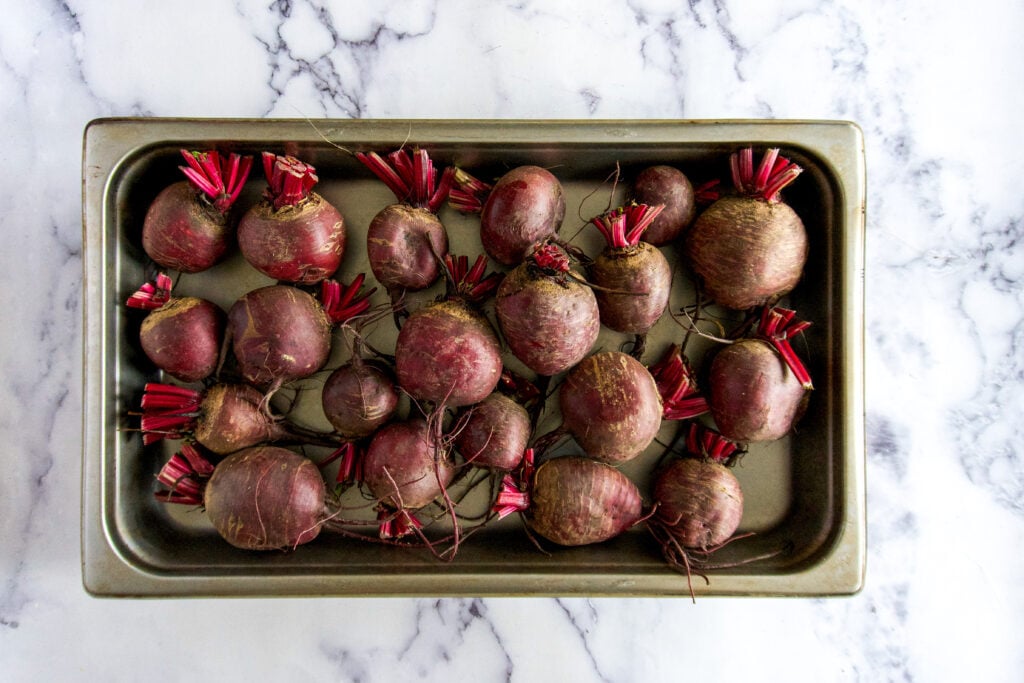Introduction
Freezing garden beets is an excellent way to preserve their vibrant color, nutritional value, and earthy flavor long after the harvest season. Whether you grow beets in your backyard or purchase them fresh from a local market, freezing ensures you can enjoy this versatile root vegetable year-round. This article explores the best methods to freeze garden beets effectively, maintaining quality and taste.
We will cover the preparation steps, freezing techniques, storage tips, and ideas for using frozen beets. By following expert advice and proven practices, you can confidently freeze garden beets and avoid common pitfalls that lead to texture loss or flavor degradation.
Why Freeze Garden Beets?
Freezing is one of the most reliable preservation methods for beets, helping retain:
- Nutritional content: Beets are rich in fiber, vitamins, and antioxidants that remain intact when properly frozen.
- Flavor and texture: Proper blanching before freezing preserves the beet’s natural sweetness and firmness.
- Convenience: Frozen beets save preparation time and reduce food waste by extending shelf life.
Unlike canning or pickling, freezing requires less equipment and preserves beets in a more natural state, making it ideal for future cooking applications.
Preparing Garden Beets for Freezing
Step 1: Select Fresh Beets
Choose beets that are firm, smooth, and free from cuts or soft spots. Smaller beets tend to freeze better as they blanch more evenly.
Step 2: Clean Thoroughly
Wash beets under cold running water to remove dirt and debris. Use a vegetable brush if needed.
Step 3: Cook Before Freezing
Blanching is crucial to deactivate enzymes that can cause spoilage. The blanching process also helps retain color and texture.
- Blanching method:
- Boil beets whole for 3-5 minutes depending on size.
- Immediately transfer to an ice water bath for the same duration to stop cooking.
Alternatively, you can steam beets for 15-20 minutes until tender, then cool quickly.
Step 4: Peel and Slice
After cooling, peel the skins by rubbing with your hands or a paper towel. Slice, dice, or leave whole depending on your intended use.
Freezing Techniques for Garden Beets
Method 1: Flash Freezing
Lay beet pieces in a single layer on a baking sheet lined with parchment paper. Freeze for 2-4 hours until solid, then transfer to airtight freezer bags or containers. This prevents clumping and allows you to remove only the amount needed.
Method 2: Direct Freezing in Containers
Place beet pieces directly into freezer-safe containers. Ensure minimal air space to reduce freezer burn. This method suits whole or larger pieces.
Packaging Tips:
- Use vacuum-sealed bags if possible for extended freezer life.
- Label packages with date and size.
- Remove as much air as possible before sealing.
Storage and Shelf Life
- Frozen beets maintain best quality for 8 to 12 months when stored at 0°F (-18°C).
- Avoid repeated thawing and refreezing to preserve texture.
- Store away from strong-smelling foods to prevent odor absorption.
Using Frozen Garden Beets
Frozen beets can be used in a variety of dishes without thawing first:
- Add directly to soups, stews, or casseroles.
- Thaw and mash with butter and herbs for side dishes.
- Blend into smoothies or juices for a nutrient boost.
Frozen beets may soften slightly after thawing but retain their flavor and color, making them perfect for cooked applications.
Expert Tips for Best Results
- Blanching time is crucial; under-blanching leads to spoilage, over-blanching causes mushiness.
- Smaller beet pieces freeze and thaw more evenly.
- Avoid freezing raw beets without blanching to prevent enzymatic damage.
Conclusion
Freezing garden beets is a practical, expert-backed method to extend their shelf life while preserving taste and nutrients. By selecting fresh beets, properly blanching, and using effective freezing techniques, you ensure your beets remain delicious and ready for use in many recipes. With minimal effort, you can enjoy the harvest bounty year-round and reduce food waste.
Embrace these freezing tips and make the most of your garden beets today. Your future self will thank you for having fresh, flavorful beets at your fingertips anytime!
